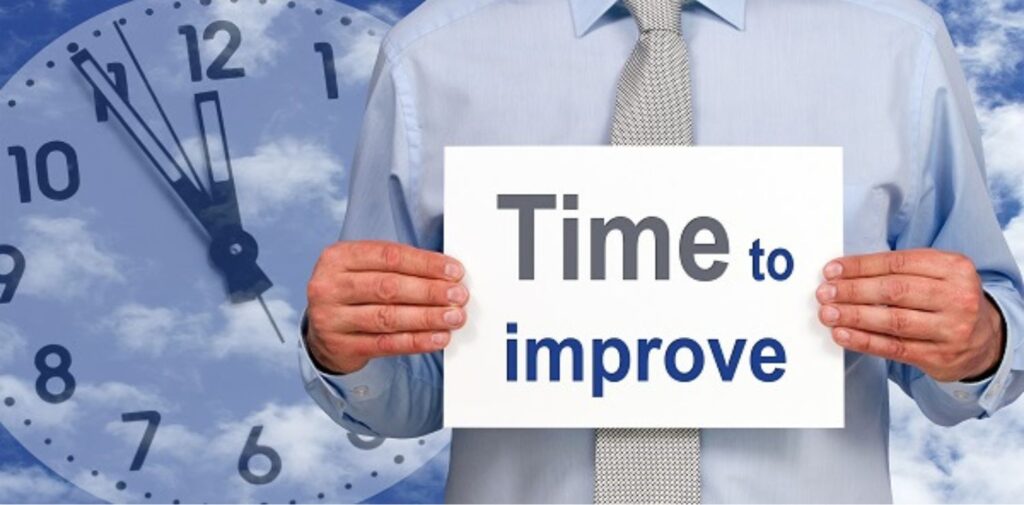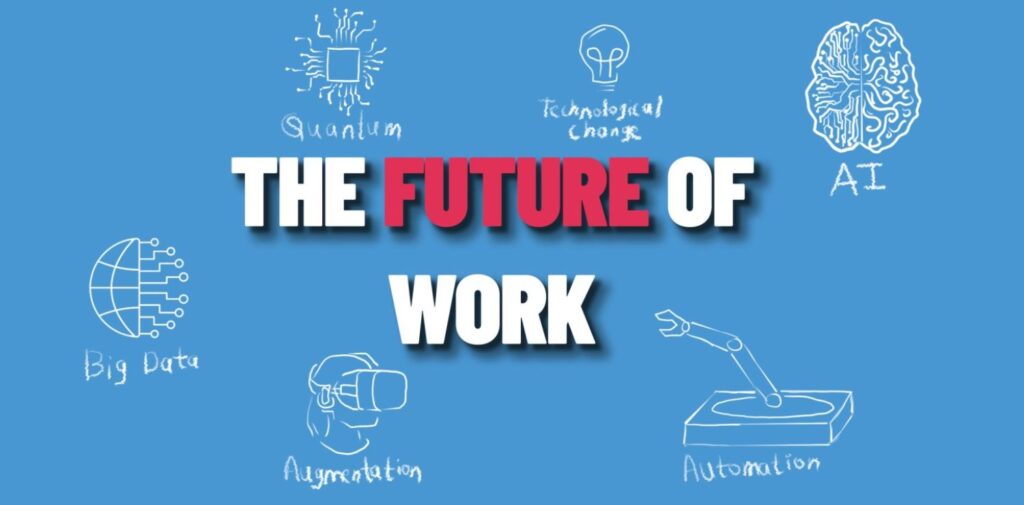In today’s fast-paced corporate world, where emails flood inboxes, meetings are constant, and deadlines loom over our heads, one question looms large: Is the ability to be unavailable the most important corporate skill? At first glance, this may seem counterintuitive. Aren’t professionals supposed to always be available, reachable, and ready to respond at a moment’s notice? However, in the modern workplace, the boundaries between personal and professional life have blurred, and constant availability can lead to burnout, reduced productivity, and even mental health challenges. In fact, knowing how to step away and manage your time has become a critical skill for maintaining balance and excelling in your career.
The Problem with Constant Availability
In the age of smartphones, instant messaging, and endless communication apps, many professionals feel the pressure to be available 24/7. This culture of constant availability has its roots in several factors, such as:
- Technology: With emails, messages, and notifications at our fingertips, it’s hard to unplug.
- Work Culture: Many corporate environment reward those who respond quickly and stay late, creating the expectation that “more time equals more commitment.”
- Remote Work: While remote work has its benefits, it can blur boundaries. Since there’s no physical separation between the office and home, the workday seems never-ending.

However, the downside to this “always-on” mentality is significant. Studies have shown that constant availability can lead to:
- Burnout: When you’re constantly “on,” there’s no time for recovery, leading to emotional and physical exhaustion.
- Lower Productivity: It may seem like you’re getting more done, but multitasking and constant interruptions reduce focus and efficiency.
- Stress and Anxiety: Being reachable at all times creates pressure and leads to anxiety, as individuals feel like they can never truly relax or unwind.
Why “Being Unavailable” Is a Corporate Skill
Being unavailable in the corporate world doesn’t mean ignoring your responsibilities or avoiding work. Instead, it’s about setting boundaries and managing your time effectively. Here’s why learning how to be unavailable is an essential skill today:
Helps Prioritize Tasks
When you’re always available, you’re often responding to everyone else’s needs, leaving little room for your own priorities. By setting boundaries, you can carve out time to focus on what’s truly important—whether that’s a high-impact project, brainstorming new ideas, or simply taking a break to recharge.
Think of it as shifting from a reactive mode to a proactive one. Instead of constantly reacting to every email or request, you can focus on tasks that align with your long-term goals.
Encourages Deep Work
Deep work, as described by author Cal Newport, refers to the ability to focus without distraction on a cognitively demanding task. It’s in these uninterrupted periods of concentration that professionals produce their best work—whether that’s writing a report, developing a new strategy, or solving complex problems.
Being unavailable for stretches of time allows you to enter this state of deep work. Instead of jumping from one task to another, you can immerse yourself in a single activity and accomplish more in less time.
Boosts Mental Well-being
Workplace stress is a growing concern, and one of the main contributors is the inability to disconnect. When you’re constantly reachable, it feels like you can never escape work, even outside office hours. This impacts mental well-being, leading to burnout and even depression in extreme cases.
By making yourself unavailable at times—whether that’s turning off notifications during breaks, setting work hours, or not checking emails on weekends—you’re taking care of your mental health. This not only benefits you personally but also allows you to show up at work more focused and energized.

Improves Time Management
When you learn to be unavailable, you also develop better time management skills. You understand that you can’t be everywhere or do everything, so you start managing your time more efficiently. This may involve scheduling “focus time” on your calendar, delegating tasks, or simply learning to say no.
Instead of juggling multiple tasks simultaneously and feeling overwhelmed, being unavailable helps you structure your day better. You know when to engage with others and when to shut off distractions to complete your work.
Teaches Boundary Setting
In the corporate world, especially in fast-paced industries, there’s always more work to be done. But constantly saying yes to every request or project leads to overcommitment and burnout. Learning to say no—politely but firmly—is a critical part of being unavailable.
Setting boundaries means knowing when to stop working, when to take breaks, and when to push back on unreasonable demands. It also means communicating these boundaries clearly to colleagues and managers. Far from being seen as unprofessional, setting boundaries shows that you respect your time and can manage it effectively.
How to Master the Art of Being Unavailable
Mastering the art of being unavailable requires practice, especially in a world where the norm is to stay connected. However, there are several strategies you can adopt to make this skill work for you:
- Turn Off Notifications: The easiest way to be unavailable is by turning off notifications on your phone, email, or messaging apps during certain times of the day. This simple step can reduce distractions and help you focus.
- Schedule “Focus Time”: Block out time on your calendar for deep work. During these periods, close your door (if you’re in an office), turn off your phone, and let your colleagues know that you’re unavailable unless it’s an emergency.
- Use Technology Wisely: Leverage tools like email autoresponders, status updates on messaging apps, and scheduling software to signal when you’re unavailable. For example, set an email autoresponder that states you’re currently focusing on a project but will respond by a specific time.
- Set Expectations: Communicate with your team about when and how you’ll be available. By setting clear expectations, you avoid misunderstandings and establish a routine where your unavailability is respected.
- Learn to Say No: Not every request requires your immediate attention. Sometimes, it’s okay to say no to a meeting or request, especially if it disrupts your workflow. Practice turning down tasks or suggesting alternative solutions.
- Take Real Breaks: Being unavailable also means stepping away from work entirely during your breaks. Don’t spend your lunch hour checking emails. Instead, take the time to recharge—go for a walk, meditate, or simply relax.

The Future of Work: Quality Over Quantity
As the nature of work continues to evolve, so too does the concept of productivity. In the past, productivity was often measured by the number of hours worked or how quickly one responded to emails. Today, it’s about the quality of work produced, creativity, and innovation.
To thrive in this new corporate world, professionals need to be smart about how they manage their time. Being unavailable doesn’t mean you’re less committed—it means you’re strategically managing your time to deliver the best results.
Conclusion: Unavailability as a Superpower
In conclusion, being unavailable is not about shirking responsibility or avoiding work; it’s about reclaiming control over your time and prioritizing what matters. The ability to be unavailable at the right times can lead to higher productivity, better mental health, and more meaningful contributions at work. So, in today’s fast-paced corporate environment, learning to be unavailable might just be the most important skill you can develop.
In the end, it’s not about being always on—it’s about knowing when to switch off.




